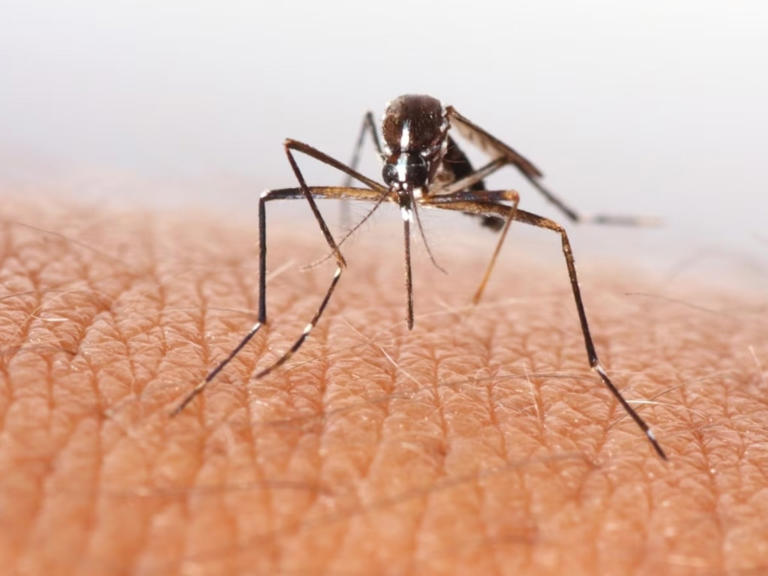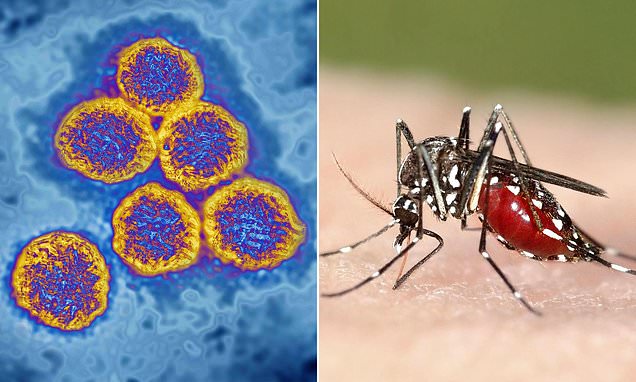The man had been hospitalized since early February and sadly passed away on Sunday. It’s believed he contracted the disease while on holiday in the Murrumbidgee area in January.
This case is a stark reminder of the importance of taking precautions against mosquitoes, especially when traveling to areas where the disease is present.
Another Case Reported
A woman in her 60s from northern NSW is currently receiving treatment in hospital after also contracting Japanese encephalitis.
It’s thought she caught the disease from her property in the Tenterfield Shire. This brings the total number of deaths from the disease in NSW to three since it was first detected in 2022.

How is Japanese Encephalitis Spread?
The disease is spread through mosquito bites and can affect both humans and animals. However, it’s not contagious and can’t be transmitted through human-to-human contact or by consuming pig products, including pork.
Symptoms and Treatment
Japanese encephalitis can cause severe symptoms, including headaches, convulsions, reduced consciousness, and even death. Unfortunately, there is no specific treatment for the disease, making prevention crucial.
Take Precautions Against Mosquitoes
NSW Health is urging people to take precautions against mosquitoes, especially when traveling to areas where the disease is present. This includes:
Applying mosquito repellents that contain DEET, picaridin, or oil of lemon eucalyptus
Avoiding peak mosquito times, such as dawn and dusk
Covering windows and doors with insect screens
Wearing protective clothing when outdoors
Get Vaccinated
There is a safe and effective vaccine available for Japanese encephalitis. If you’re planning to travel to areas where the disease is present, consider getting vaccinated.
Stay Safe
For more information on how to protect yourself against Japanese encephalitis, visit the NSW Health website.
Remember, taking precautions against mosquitoes is key to preventing the spread of this disease. Stay safe and stay informed!

